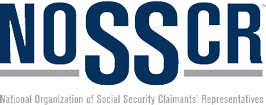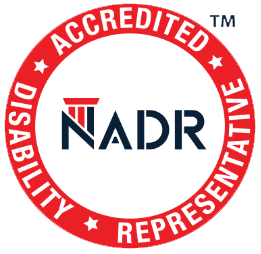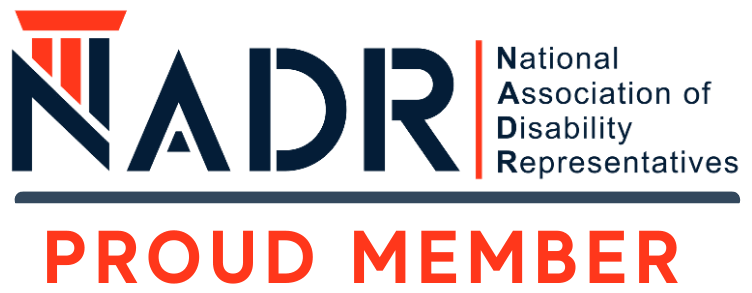5 Key SSA Updates During the COVID-19 Pandemic
The COVID-19 pandemic has impacted virtually all aspects of governmental services, including those at the Social Security Administration (SSA). Fortunately, most Marylanders and other people obtain SSA benefits remotely. However, there are key SSA updates you should know about.
1. Uninterrupted Scheduled Payments
All local SSA offices are closed during the COVID-19 pandemic, but payments continue as scheduled. While announcing recent Social Security news, Commissioner Andrew Saul said scammers might try to trick beneficiaries. For example, some may try to convince people the pandemic affected payment schedules. This is false. All payments continue as planned. However, scammers are especially active during the pandemic. Saul cautions beneficiaries to be particularly wary of people seeking personal information or demanding fees to process Social Security payments.
Those seeking information on additional federal Economic Impact Payments must contact the IRS. The SSA does not administer IRS Economic Impact Payments and cannot provide information on specific cases.
2. Electronic Content-Based SSN Verification (eCBSV) Service
All recipients should find solace in the latest Social Security news announcing improved security and anti-fraud efforts via the new electronic Social Security Number (SSN) verification service. The new service enables selected financial institutions and other organizations to verify a person’s Social Security number, name, and date of birth quickly and accurately.
Permitted institutions can verify the information against the SSA’s official records to better identify individuals and avoid potential identity theft and other types of fraud. The security-based happenings at the SSA do not impact the existing consent-based SSN service.
3. Remote Assistance for New and Existing Beneficiaries
Despite the closure of local SSA offices, their staff is still on hand to answer questions and provide other assistance on a remote basis. Beneficiaries can obtain information via telephone calls, and those who are filing for initial benefits may do so through the normal channels. New filers can obtain decisions via email and the U.S. Postal Service.
If a situation arises that the SSA cannot resolve remotely by telephone, email, or regular mail, clients can schedule an in-office appointment during the pandemic.
4. Procedures to Submit Evidence for SSA Filings
Those filing for Social Security benefits often need to provide supporting documentation and other needed information. The Social Security Administration’s new processes during the pandemic extend deadlines for providing the required information and documentation. If a date for submitting requested evidence is approaching or recently passed, clients can contact the SSA and obtain extensions. The SSA says it will follow up on particular matters when the pandemic subsides.
5. Temporary Procedures for Appointing Representation
Sometimes, cases require clients to provide legal or other representation. The temporary COVID-19 changes at the SSA enable clients to electronically submit notices of representation and fee agreements. When signatures appear in either digital or electronic form, the SSA will make three attempts to contact filers to verify their identities. The SSA will schedule relevant appointments upon affirmation of signatures and will return documents to respective filers if they cannot verify their signatures and identities.
Get Help for Any Arising SSA Updates
Those who need to file for benefits can still do so through the standard filing processes for an adult or a child and appeal any denials of social security benefits. If you need help with SSA filings, appealing decisions, and to better understand how new SSA updates for COVID-19 might affect specific cases, you can contact Disability Support Services today. Get a free evaluation by filling out our eligibility form.



